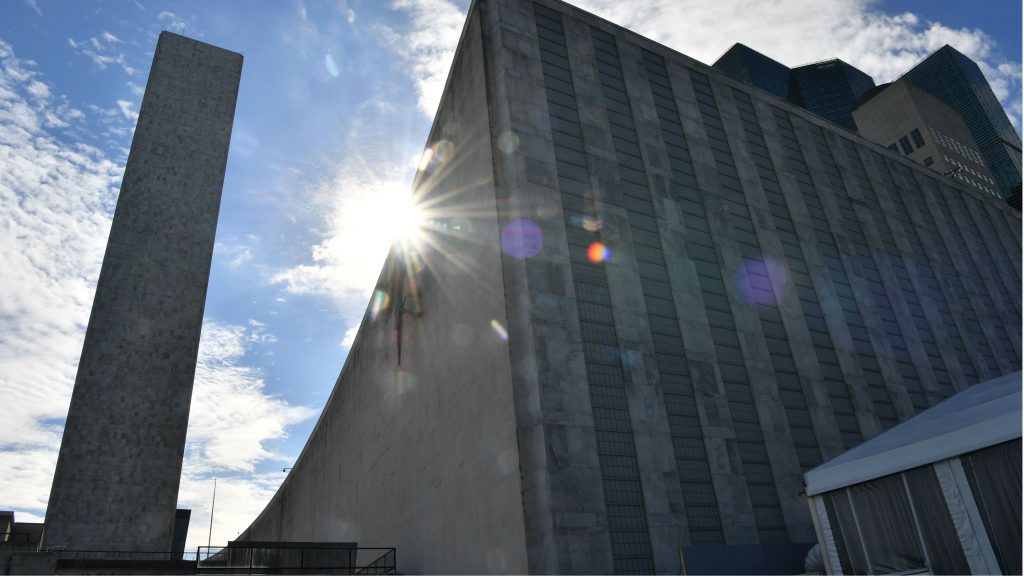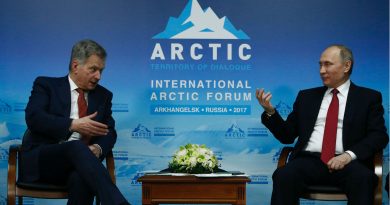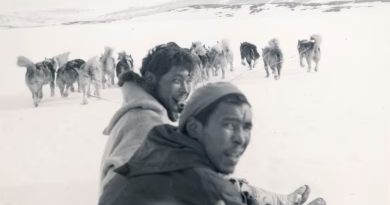Inuit leaders call on Canada to go “beyond symbolic gestures” for Indigenous language preservation

Inuit leaders from across Canada issued a joint statement on Friday calling on the federal government to do more to preserve Inuit, First Nations and Métis languages in the country.
The statement was made to coincide with the official launch of the United Nations General Assembly launch event of the International Year of Indigenous Languages on February 1 in New York City.
“Inuit in communities across Canada are working together, with support from our Inuit organizations, to keep our language alive and strong,” said the leaders in a news release on Friday.
“There is so much positive work being done, but we can’t do it alone and we expect governments, and our public services, to respond with strong measures in support of Indigenous languages, beyond symbolic gestures.”
The statement was signed by the country’s prominent Inuit leaders:
- Aluki Kotierk, the president of Nunavut Tunngavik, the Inuit land-claims organization in the eastern Arctic territory of Nunavut
- Charlie Watt, the president Makivik Corporation, the organization that represents Inuit in Quebec
- Johannes Lampe, president of the Nunatsiavut Government, the Inuit region of the Atlantic Candian province of Newfoundland and Labrador
- Duane Smith, the chair and CEO of the Inuvialuit Regional Corporation Chair, which represents Inuit in the western Arctic Inuvialuit Settlement Region;
- Natan Obed, president of Canada’s national Inuit organization Inuit Tapiriit Kanatami,
- Monica Ell-Kanayuk the president of Inuit Circumpolar Council – Canada, the Canadian chapter of the international NGO that represents the 160,000 Inuit in Alaska, Canada, Greenland and Chukotka, Russia.
Language bill in spotlight
In 2016, Canada’s Prime Minister Justin Trudeau announced that Canada would co-develop an Indigenous Languages Act with Canada’s Inuit, First Nations and Métis Peoples.
The government also announced $89.9 million over three years in the 2017 federal budget towards preserving, protecting and revitalizing Indigenous languages and cultures.
The languages bill is expected to be tabled this year.
On Friday, Inuit leaders reiterated the need for Inuit-language specific provisions to be included in eventual legislation.
“The International Year of Indigenous Languages is timely for Inuit in that the Government of Canada has committed to co-develop national First Nations, Inuit, and Metis languages legislation,” the leaders said in Friday’s statement.
“Inuit participation in and support for this legislative initiative has been contingent on the expectation that any bill would be distinctions-based and include substantive Inuktut-specific provisions that build on existing rights for Inuktut. We continue to engage with the Government of Canada in an effort to ensure that the bill meets this expectation.”
Inuktut is a term used in Canada’s eastern Arctic territory of Nunavut to refer to all the region’s Inuit language dialects. It is sometimes used elsewhere in Canada to encompass the many Inuit language dialects spoken across the country.
The United Nations designated 2019 as the International Year of Indigenous Languages to make people more aware of the languages and their role in cultural preservation.
Write to Eilís Quinn at eilis.quinn(at)cbc.ca
Canada: U.N. Year of Indigenous Languages: Spotlight Nunavut, Eye on the Arctic
Finland: Budget cuts threaten international Sámi language cooperation, Yle News
Greenland: `Enough of this postcolonial sh#%’ – An interview with Greenlandic author Niviaq Korneliussen, Eye on the Arctic
Iceland: Can environmental diplomacy save Arctic languages?, Blog by Takeshi Kaji
United States: Alaskan Inuit dialect added to Facebook’s Translate app, CBC News



